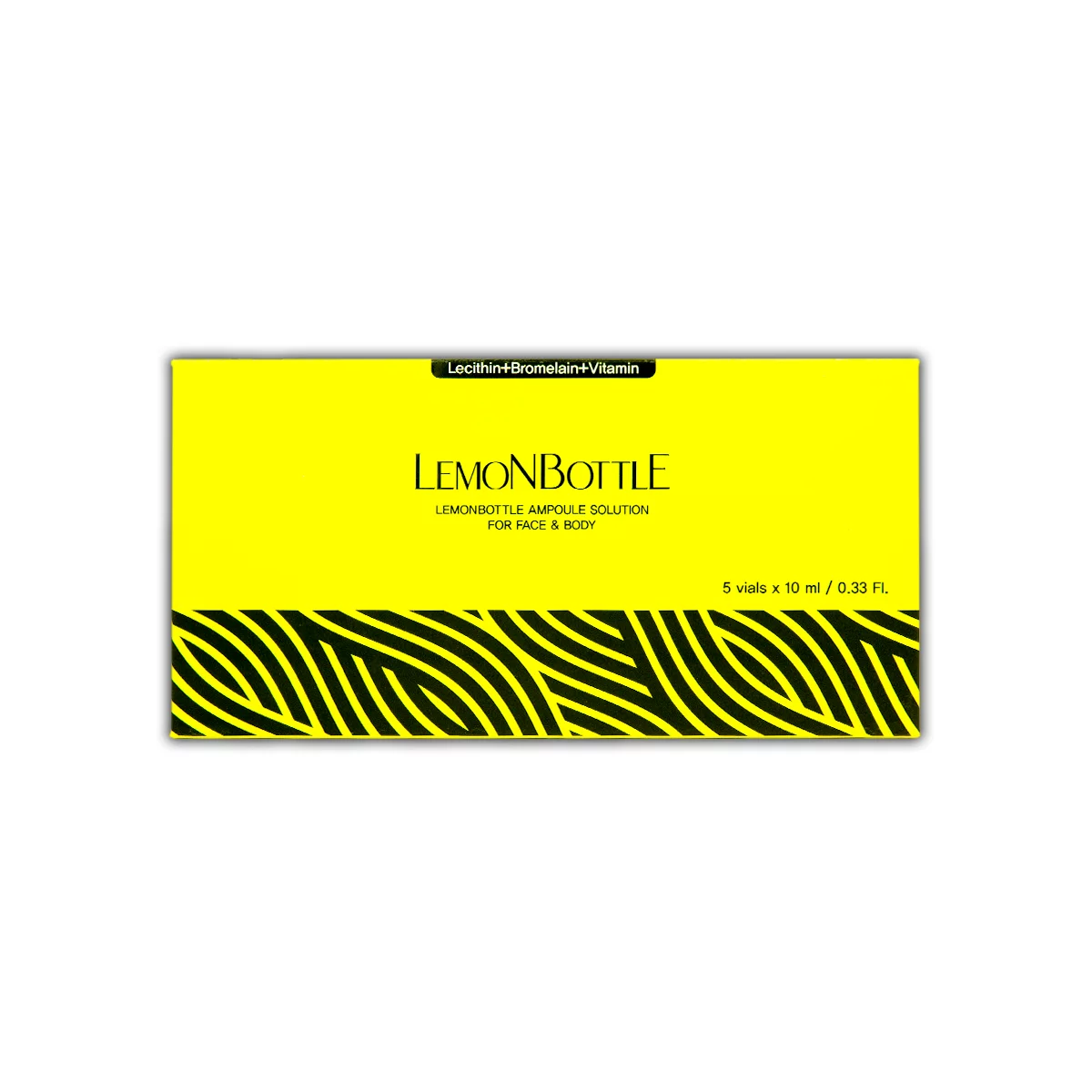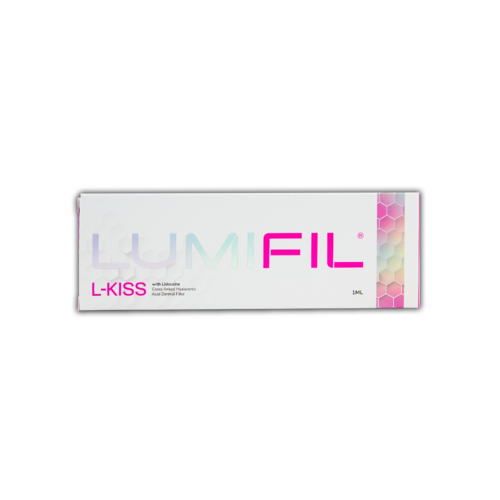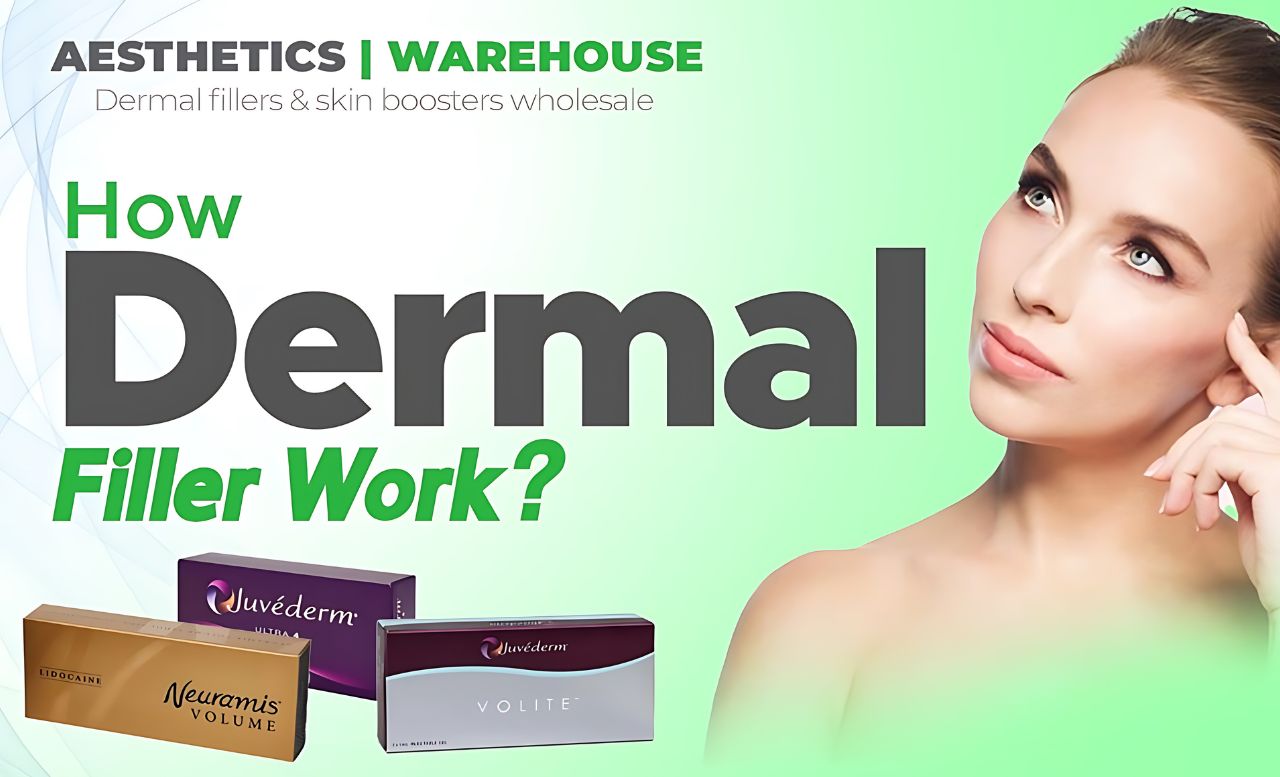Order by 3pm to Get Next Working Day Delivery
Save an extra 10%
-
HOT

Lemon Bottle ( 1 Vial )
£29.99 £24.99 ex. VAT -
HOT

Lumifil Kiss
£20.40 £17.00 ex. VAT
Subtotal: £24.99



Ever looked in the mirror and wished you could smooth out that stubborn wrinkle or give your lips a bit more oomph? Well, you’re not alone! More and more people are discovering a little beauty secret: dermal fillers, they’re kind of a big deal right now.
Imagine if you could ‘fill in’ those lines on your face or plump up your features, that’s basically what dermal fillers do for your skin. Fillers are like tiny injections of gel that go just under your skin. They’re not about totally changing how you look – think of them more like a subtle tweak, enhancing what you’ve already got.
Curious to learn more? We’re about to dive into the world of dermal fillers – how they work their magic, what they’re made of, and what you need to know if you’re thinking about giving them a go.
Let’s start
They’re soft, gel-like substances that are injected just under the surface to restore lost volume or enhance certain features. It’s like giving your skin a little boost from the inside out! There are a few different types of fillers out there. The most common one you’ll hear about is hyaluronic acid– this is actually something your body already makes!
But hyaluronic acid isn’t the only player in the game. There’s also calcium hydroxylapatite which sounds fancy but is really just a mineral that’s already in our bones. And then there’s poly-L-lactic acid, which is a bit different – it doesn’t just fill, it actually encourages your skin to make more collagen.
Dermal fillers are basically friendly, injectable gels that give your skin a helping hand, filling in where volume’s been lost or adding a little extra where you want it.
The FDA has approved dermal fillers for adults aged 22 and older (over 21) for the following purposes:
You know those pesky creases that show up uninvited? Maybe it’s the parentheses around your mouth or those lines that fan out from the corners of your eyes when you smile. Fillers can help smooth these out.
Fillers in the right spot can make cheekbones pop, giving your face more contour and definition. And it’s not just cheeks – fillers can also bring more balance to your chin or jawline.
Whether you were born with thinner lips or you’ve noticed them thinning over time, fillers can add volume, even out asymmetry, giving them a subtle boost.
Those hollows under the eyes, sometimes called tear troughs, can cast shadows that make us look more worn-out than we feel. A touch of filler here can fill in that sunken look, brightening up your whole face.
So, you’re thinking about giving fillers a try? Awesome! Let’s walk through what you can expect, step by step.
Firstly, you’ll chat about what’s bugging you and what look you’re going for. Maybe you’ll flip through some before-and-after pics together. They’ll check out your face, moving it this way and that. This is your time to ask all those questions bouncing around in your head.
Once you both have decided treatment plan, it’s time for injection. You’ll plop down in a comfy chair, and your face will get little cleanse. Next up might be numbing cream or a tiny ice pack to make things more comfortable. Some fillers even have numbing stuff mixed right in.
For injection, your doctor will use a super thin needle to place the filler. Most people say it’s more like a pinch or sting than real pain. The whole process usually takes anywhere from 15 minutes to an hour, depending on how much area you’re covering.
Unlike some treatments where you’re twiddling your thumbs waiting to see a change, with fillers, you get some instant gratification. That line or hollow will look different right away. But don’t jump to any conclusions just yet – there might be some swelling or even tiny bruises
The most common side effects are puffiness, redness, or tenderness where you got poked. Maybe a bruise that looks worse than it feels. To soothe the tenderness, you can use ice packs.
Fillers may not give the same outcome for everyone. Their results can vary too. Let’s break down the main factors that play into how your fillers will turn out.
A. Filler Personality: It’s All About Type
Different fillers have different superpowers. Some, like hyaluronic acid fillers, are the flexible – great for lips and fine lines. Others, like calcium hydroxylapatite, are the strong, perfect for deeper wrinkles. So, your results can vary based on which filler is playing the leading role in your treatment.
B: Injector Skill
Your injector’s technique can be a total game-changer. It’s not just about where they place the filler, but how – the depth, the amount, even the angle of the needle.A skilled injector is part scientist, making sure you look refreshed, not overdone.
C: Patient Quirks
Your face isn’t like anyone else’s! Your skin thickness and how fast you metabolise things is different from others. Your lifestyle – sun exposure, smoking and skincare routine may also affect the results of fillers.
Most hyaluronic acid fillers stick around for 6 to 18 months, but some heartier types, like those with calcium hydroxylapatite, might hang out for up to 2 years. Your personal clock depends on the filler type, where it’s placed (lips tend to fade faster than cheeks), and how your body rolls – things like metabolism, lifestyle, and even how much you move that area of your face. However, regular touch-ups can actually help maintain your results for longer.
Recommended for you: What Is The Difference Between Formas And Fillers?
From smoothing lines to plumping lips, dermal fillers can work some serious magic. Remember, it’s all about enhancing what you’ve already got, not turning you into someone else. Whether you’re filler-curious or a seasoned pro, the key is finding a skilled injector who gets your goals and keeps things natural. So go ahead, explore, and if you decide to take the plunge, get ready for a more confident you.
Dermal fillers are injectable substances that add volume and fullness to areas of the face, such as the cheeks, lips, and under-eyes.